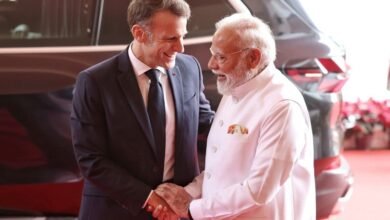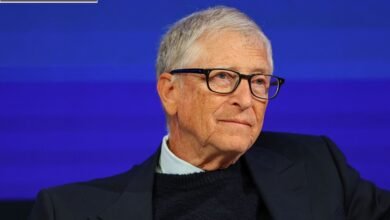US Seeks Close Ties With India But Avoids Modi

Although US President Joe Biden and Prime Minister Narendra Modi appeared to get along well in Bali, the official stories about their encounter outside of the G-20 Summit differed greatly. A public speech linking Saudi Crown Prince Mohammad bin Sultan (MBS), other autocrats, and Prime Minister Modi further indicated a distance between the two leaderships. It appears that the Biden administration is unwilling to give the Modi government the extra leash that it previously had.
On November 18, Vedant Patel, the principal deputy spokesperson for the US State Department, responded to a query about why the US had granted MBS sovereign immunity from criminal prosecution. MBS is thought to have been involved in the murder of US-based journalist Jamal Khashoggi, according to US intelligence agencies. Patel read out that this was a legal determination because all heads of state are given such legal immunity without delving into the merits of the case because he was well prepared for the question (in the State Department video of the event, he can be seen turning to the relevant page of the brief before him even before the question was over). Only six weeks prior, the Saudi King had conveniently appointed MBS as prime minister, a position that the King had held up until this point.
While President Trump and Prime Minister Modi both shared conservative and regressive political constituencies, it’s possible that President Joe Biden realizes that his future is with the progressive forces in America, particularly the youth and women. In the mid-term congressional elections on November 8, the Democrats did not give the Republicans much ground, defying the myth that the ruling party always loses.
The failure of Indian efforts to secure Prime Minister Modi a state visit to the US in December has also been reported from Washington, DC. Emmanuel Macron, the president of France, has filled the vacant position. India cannot be pleased with the US position that Pakistan is a crucial regional ally while India remains its partner on the international stage. In addition, New Delhi won’t appreciate the US giving Pakistan $450 million for its F-16 fleet or the US ambassador to Islamabad calling Pakistan-occupied Kashmir “Azad Jammu and Kashmir” while visiting the city recently.
Despite Delhi’s inability to fully toe its line, for instance, China, Russia, and Ukraine, there can be little doubt that the US values its strategic and diplomatic relations with India. Simply put, it does not link them to a certain leader. Unlike the Trump administration, the Biden administration does not feel compelled to support an intolerant minority-hating leadership in India that defends the erosion of fundamental liberties under the guise of history, tradition, and societal context. The last thing Biden needs, if anything, is the Indian Prime Minister repeating his support with an “Ab ki bar, Biden Sarkar!”
News Mania Desk






